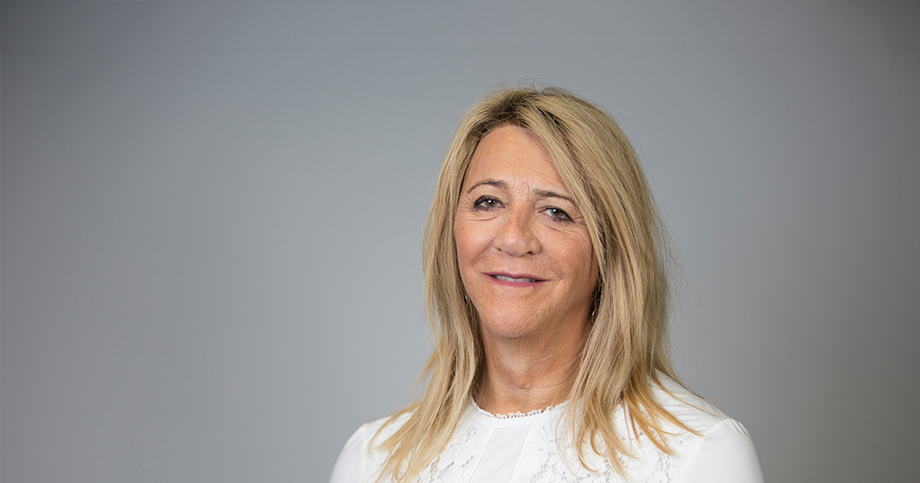“GPs are expert generalists: expert at managing significant clinical risk often presenting in a subtle or covert manner; utilising an incomplete dataset acquired from patients’ best recollections; operating in a resource poor environment against an ever-shifting backdrop; and repeated many times every hour. The very specific challenges faced in primary care, and specifically in general practice, mean that any non-GP would require a high degree of supervision and education that many practices might struggle to provide at present.”
“Many of those leaving general practice have hung on through the pandemic, only to find that despite providing record numbers of appointments now they cannot keep up with demand. As we head into what will be one of the toughest winters for the NHS in living history, we expect pressures on trusts, social care and the ambulance service will mean more people coming to their GP, because they know their local practice’s doors are always open. There have been several Government schemes designed to cover GP shortages with other types of doctors or healthcare practitioners, but the safest option for patients is for those leading the NHS to cut back on bureaucracy, stop the anti-general practice rhetoric and fund the service properly so it can recruit and retain qualified GPs.”
Dr Michelle Drage, CEO, Londonwide LMCs

